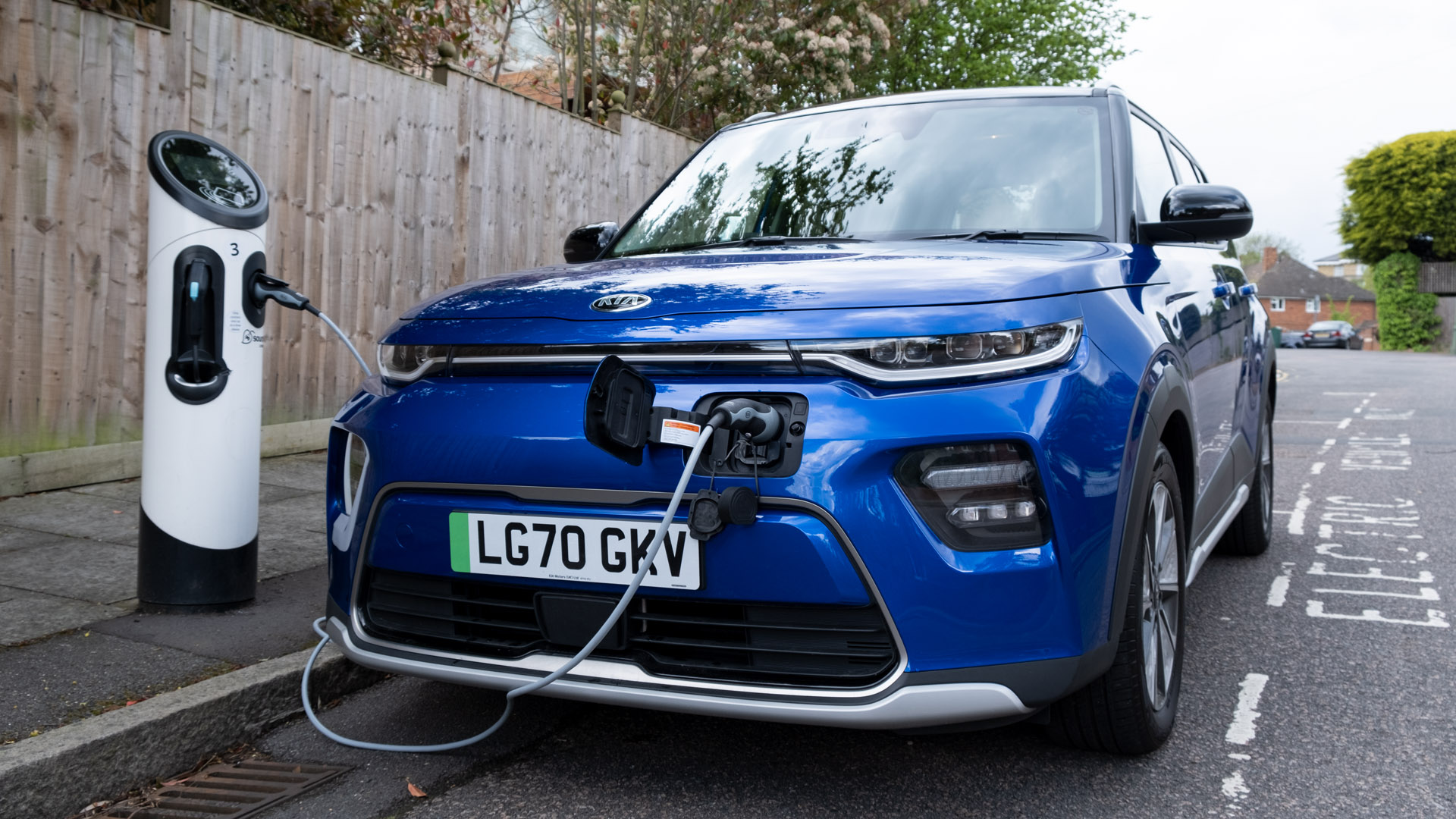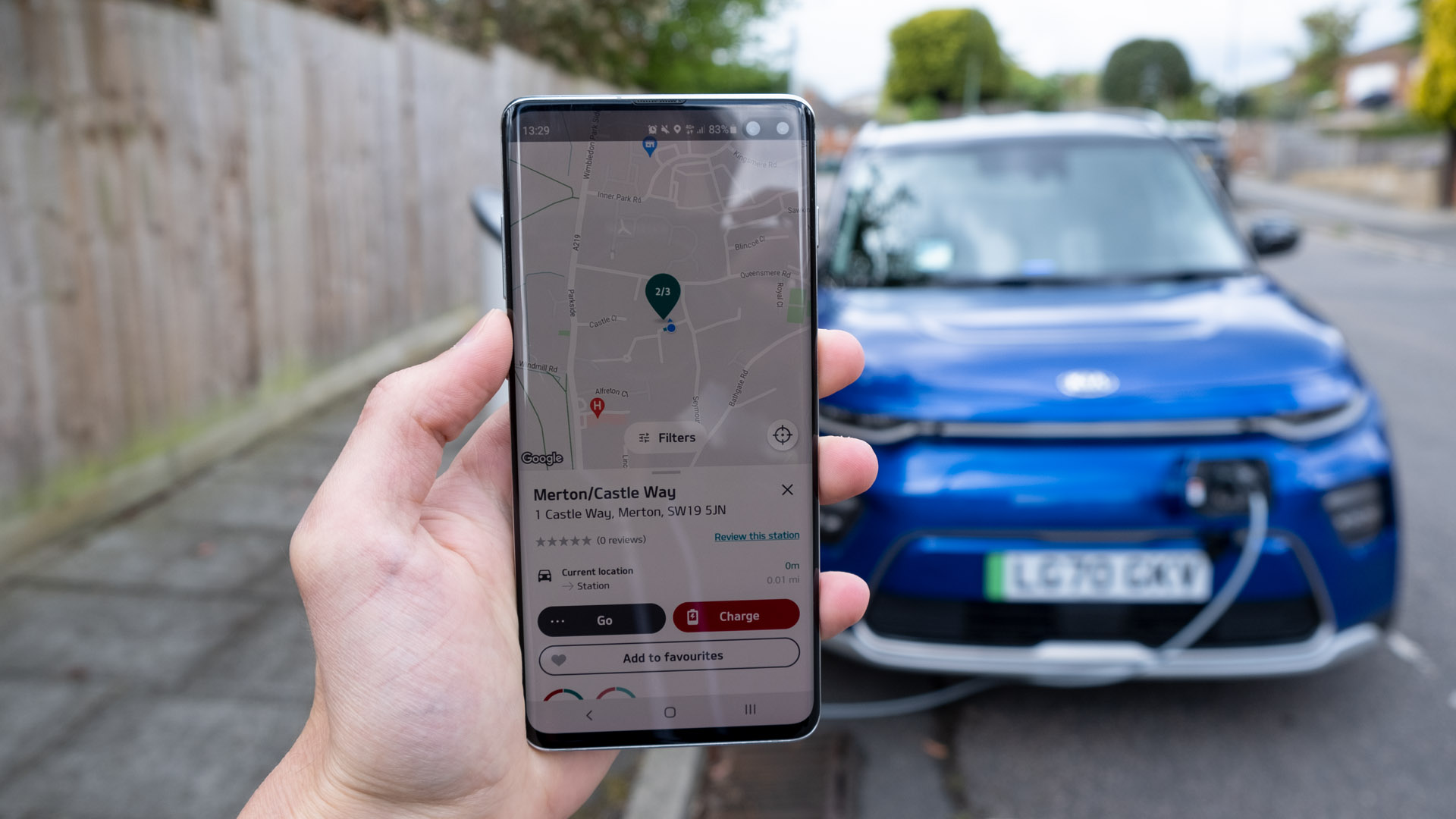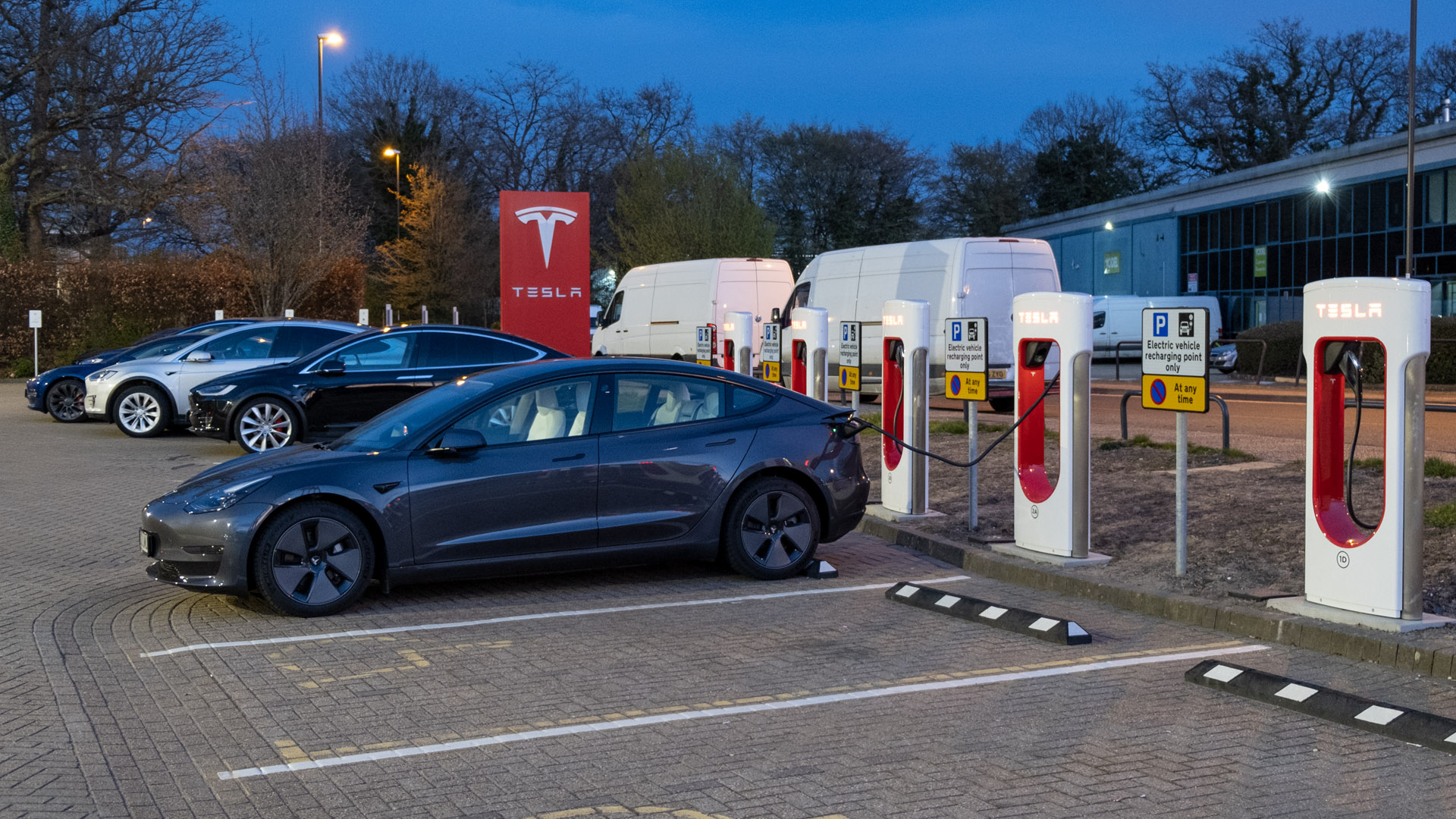As we near the 2030 ban on the sale of petrol and diesel vehicles, we need to shift national mindsets on electric vehicles (EVs) and encourage widespread uptake of sustainable driving for Brits.
A substantial portion of the population is open to considering fully electric vehicles, rising to over half (53%) of those aged 18-34 and 56% of those in London, at least, according to recent research. But by 2030, that number will need to be 100% if the Government wants to stay on track to meet ambitious automotive goals.
To make these goals a reality, environmental education and financial incentives will prove key to positioning EVs as the best option for a consumers’ next car. While this will largely be driven by Government schemes, with purchase and tax benefits, there needs to be increased investment in manufacturing and innovation from auto industry giants, too.
This raises the question: how prepared are we for the 2030 deadline? TotallyEV reached out to Peter O’Driscoll, Managing Director at RingGo to get his thoughts on the subject.
Read next: Plugging UK drivers into 2030 plans
The Race to Zero
Amidst 2020’s tumultuous events, one key factor was acknowledged – the gravity of our impact on the environment. This sparked many conversations around conserving our environment, reducing emissions and fighting climate change. So much so, that the UK announced the banning of petrol and diesel cars from 2030 onwards.
As a result, electric vehicle registrations have been steadily increasing, however, despite the gradual uptick in EV adoption, the reality is that there is still some way to go to get the lion’s share away from petrol and diesel registration. But what is needed for this to happen?
Research finds that awareness of how much standard methods of transport affect the planet is not enough to push uptake, as 76% of the population admit eco-consciousness but only two-fifths of UK drivers say that they are planning on buying an environmentally friendly vehicle for their next car. Drivers are now looking for and need a bigger reason to make the switch – and that comes in the form of financial benefits.
Read next: Porsche Taycan Turbo review: 670hp of EV goodness
Making EVs financially attractive
The pandemic has caused many to clutch to their pockets a lot more, making it a little more difficult for people to make the investment. That’s why an understanding of the financial benefits of EVs is paramount.
There are a number of financial benefits that often go unspoken. For example, the government’s offering of a plug-in-car grant (PiCG) allows drivers to benefit from £2,500 off the price of eligible new electric cars. And the support doesn’t stop there. There are also additional incentives available, such as a reduction on tax which equates to a 0% benefit-in-kind (BiK) rate, and Emissions Based Parking (EBP) that rewards more environmentally friendly cars with cheaper parking tariffs compared to that of standard vehicles.
In addition, fuel costs for EVs are significantly less than petrol and diesel costs. According to EDF, 100 miles in an EV could cost up to £4 whereas the same distance in a petrol car would cost around £9.
Read next: Volkswagen ID.3 review: The best electric hatchback?
Tackling range anxiety with EVs
When aiming to curb fears around the range of an EV, it has to be a team effort. Wider education is needed about the cost savings associated, but also the capabilities of electric vehicles.
Amongst reasons for hesitation, almost a third (32%) of drivers who are open to EVs require greater availability of charging points to make the switch, whilst one in five (20%) of those currently not considering an EV would consider buying one if their range was greater.
To tackle this, a number of big brand names have made bold claims of offering more options within their EV ranges; with some even declaring that the entire fleet will be electric from 2025. Yet, as many OEMs begin to step into the EV light, one issue remains – range anxiety.
Read next: Our favourite power banks for long journeys
Questions around how far an EV can go on one charge are common first thoughts when being considered. This paired with the recent realisation of the required speed of charge point instalments across that country to be able to meet the 2030 goal, shines a light on whether the government and local councils can effectively abide by concerns.
However, companies, like StoreDot which have been working on the development of electric car batteries charging times, are doing more to normalise EVs and make them attractive in terms of range and mobility. Drivers are also able to benefit from EV charge point mapping capabilities, that pinpoint the next available charging point on journeys.
Read next: Tesla Model 3 review: Should you buy into the hype?
Is the future road green?
We are seeing signs of a gradual green transformation on UK roads. Although the impact of the pandemic caused vehicle registrations to plummet, figures have recovered somewhat according to SMMT findings, and a large portion of these are EVs. In fact, the year-on-year change between April 2020 and 2021 is a 1,913% increase in EV registrations.
Despite this massive uptick, there’s still a long way to go in the ‘Race to Zero’. Electric vehicles account for a 21.6% market share, compared to petrol and diesel taking 60.2%.
Undoing a century of habits for consumers buying internal combustion engine vehicles is no easy feat. But with the right messaging and support, from the Government and auto manufacturers, we can start to shift the needle in the right direction and ensure that our future roads and cleaner and greener.








